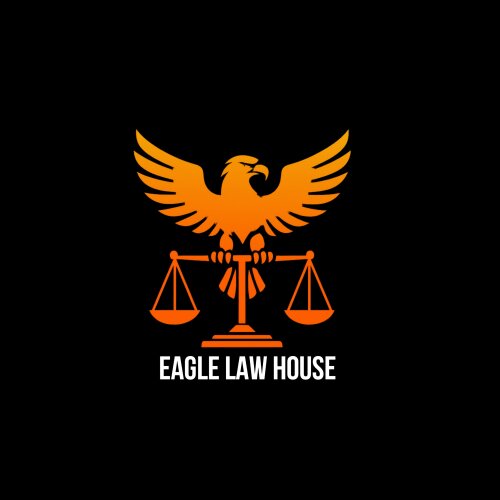How do I go about filing a complaint against my landlord
Lawyer Answers

CO-dunni Law Solicitors

mohammad mehdi ghanbari
Hello, good morning
Filing a complaint against your landlord for the failure to provide essential utilities like electricity and water involves a series of steps, starting with formal communication and escalating to legal action if necessary. Your rights as a tenant include having access to essential services, and your landlord is generally responsible for most repairs to ensure the property is safe.
Understand Your Rights and Responsibilities
It is important to review your lease agreement to understand the clauses related to utilities. Typically, the lease will outline who is responsible for utility payments. In most cases, tenants are responsible for the electricity they use within their unit, while landlords are responsible for common areas. However, landlords are generally prohibited from cutting off essential services like electricity and water.
Steps to Filing a Complaint
If you are facing issues with your landlord, here is a step-by-step guide to filing a complaint:
Formal Written Complaint: The first step is to send a formal written complaint to your landlord. This letter should clearly explain the problem, the impact it is having on you, and the solution you are seeking. Be sure to include evidence such as photos of the issue, records of any communication with your landlord, and receipts for any related expenses you have incurred. It is also recommended to set a reasonable deadline for a response.
Gather Evidence: Collect all relevant documentation to support your complaint. This includes your lease agreement, any written communication with your landlord, photographs of the problem, and a log of dates and times the issue has occurred.
Contact Authorities: If your landlord does not respond or resolve the issue after receiving your written complaint, you can file a complaint with a local or state agency, such as the health department.
Legal Action: As a last resort, you may consider filing a lawsuit against your landlord in civil court.
Dispute Resolution
There are several methods for resolving disputes between landlords and tenants:
Self-Resolution: The simplest and often quickest way to resolve a dispute is to have an open and respectful conversation with your landlord.
Mediation: If you and your landlord cannot reach an agreement on your own, you can use a mediation service. A neutral third-party mediator can help facilitate a legally binding agreement.
Adjudication: In this process, an independent adjudicator reviews the evidence from both parties and makes a binding decision based on the law.
Tribunals: If either party is unsatisfied with the outcome of mediation or adjudication, they may be able to appeal to a tribunal.
Free • Anonymous • Expert Lawyers
Need Personal Legal Help?
Connect with experienced lawyers in your area for personalized advice on your specific situation.
No obligation to hire. 100% free service.
Related Legal Experts
Get personalized help from lawyers specializing in this area


All lawyers are verified, licensed professionals with proven track records


